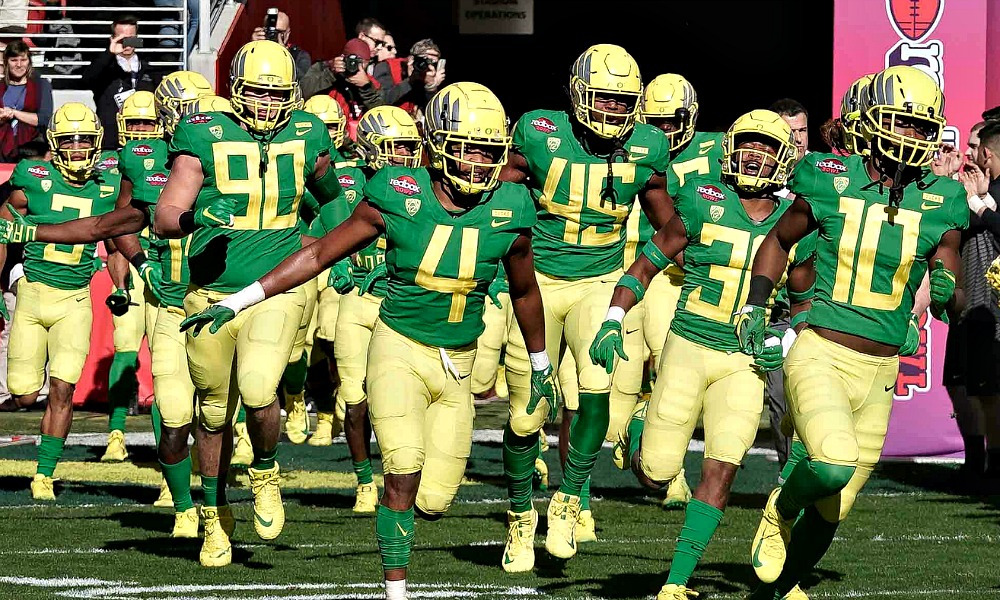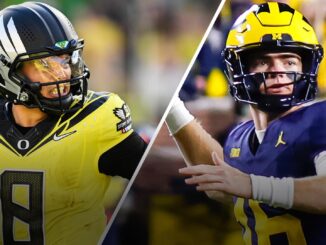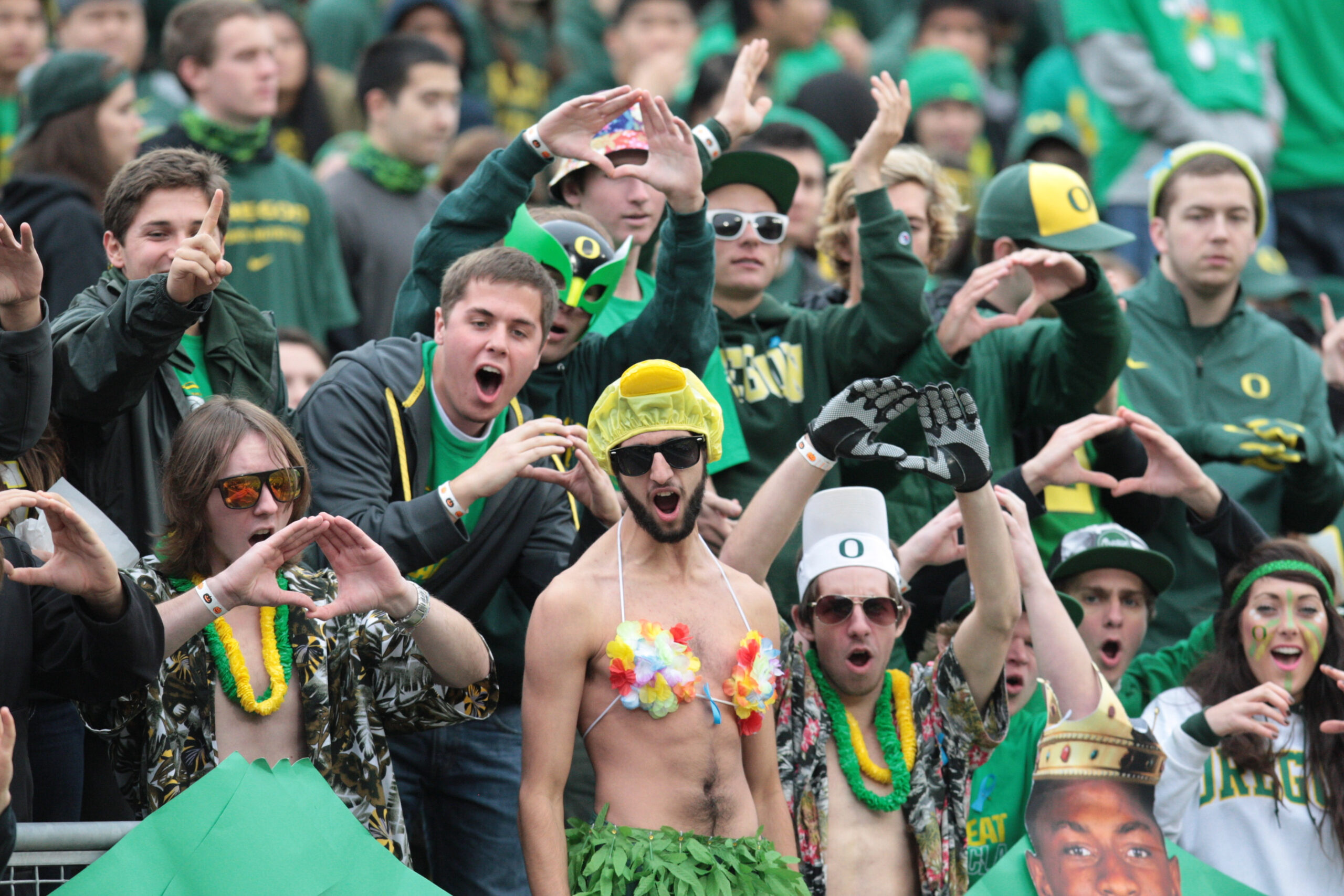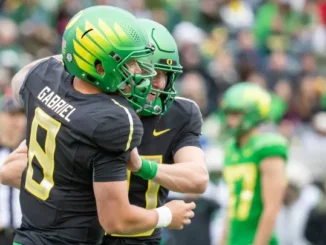
College football is inching toward resuming activities this summer. Around the country, conferences, athletic directors and coaches are speaking publicly about how and when things might start to happen.
Currently, it’s looking like athletes may resume voluntary practices (without coaches) in June. Mandatory practices (with coaches) could resume in July. This would lead to the regular season beginning at the end of August—its regularly scheduled start time, prior to the arrival of our global Covid-19 pandemic.
Why do colleges seem eager to return to playing football?
There is a very large financial incentive to do so. Large colleges and universities make a lot of money from their football teams. This comes in the form of t-shirts, jerseys, and other merchandise, ticket sales (more on that later), and the revenue from the contracts they sign with the television networks who broadcast their games.
The money colleges earn from football—and men’s basketball, the other so-called “revenue” sport—are how they pay for athletes to play all of the other sports on campus, from field hockey to baseball.
At some colleges, there is more than enough revenue leftover after paying for the other sports to go into the general budget. Thus, football revenue may be needed to pay a professor’s salary.
But isn’t the risk of football players getting sick too great to justify the revenue?
That’s the million-dollar question. It seems as if some feel that the revenue situation is so dire that they are describing things in a “if there’s no football, there may be no college period in the future” kind of scenario.
It’s a damning indictment of the precarious manner in which college sports operate even during good times. If everything works out with minimal problems, we can say that colleges took appropriate steps to protect their students. If lots of players get sick, then it will further illuminate the disparity between unpaid players (scholarships notwithstanding) and the institutions who make millions of dollars from their accomplishments.
What will they do to keep people safe when football returns?
There are a variety of changes they can make to normal operating procedures. Rather than have all 120 football players practice at the same time, they can break them up into smaller groups. To change clothes and shower, they can take turns in the locker room, disinfecting it in between shifts. They could ask players to wear masks on the field, though that seems unlikely.
Almost needless to say, expect them to check the temperature of every player every time they enter a school facility.
Playing the games themselves will be trickier. They could have half the team suit up into uniforms in the locker room, go out onto the field, and then have the second half of the team do so. Sidelines could become much “wider”, with players stretched out from one end of the field to the other, rather than the more customary clumping closer to the fifty-yard line.
What happens if a player does get sick? They will be immediately isolated from the rest of the team. If they do infect other players, expect those players to be isolated as well. The theory is that if a few players get sick but the majority don’t, then play will continue.
How about the older coaches and referees who could be more susceptible to catching the virus, and getting even sicker than their younger counterparts?
They could wear facemasks and practice greater social distancing than players do. If they get sick, obviously they, too, would have to avoid further contact with others.
How about the fans?
There are a variety of things we could see—everything from empty to socially-distanced to packed. Will it be by conference, region of the country, or politics of the college? That remains to be seen. Presumably that is something that can be decided later in the summer.
How could things go wrong?
As we have seen in recent months, things can become worse than we ever imagined. They could start the season, lots of athletes and others could become infected, and they could have to shut down the season midway.
Let’s hope that the people in power making the decisions are doing so based upon sound medical advice.
Let’s also hope that things will work out for the best. That by this fall all of our lives will become, if not fully normal, something more so than what they are right now.




